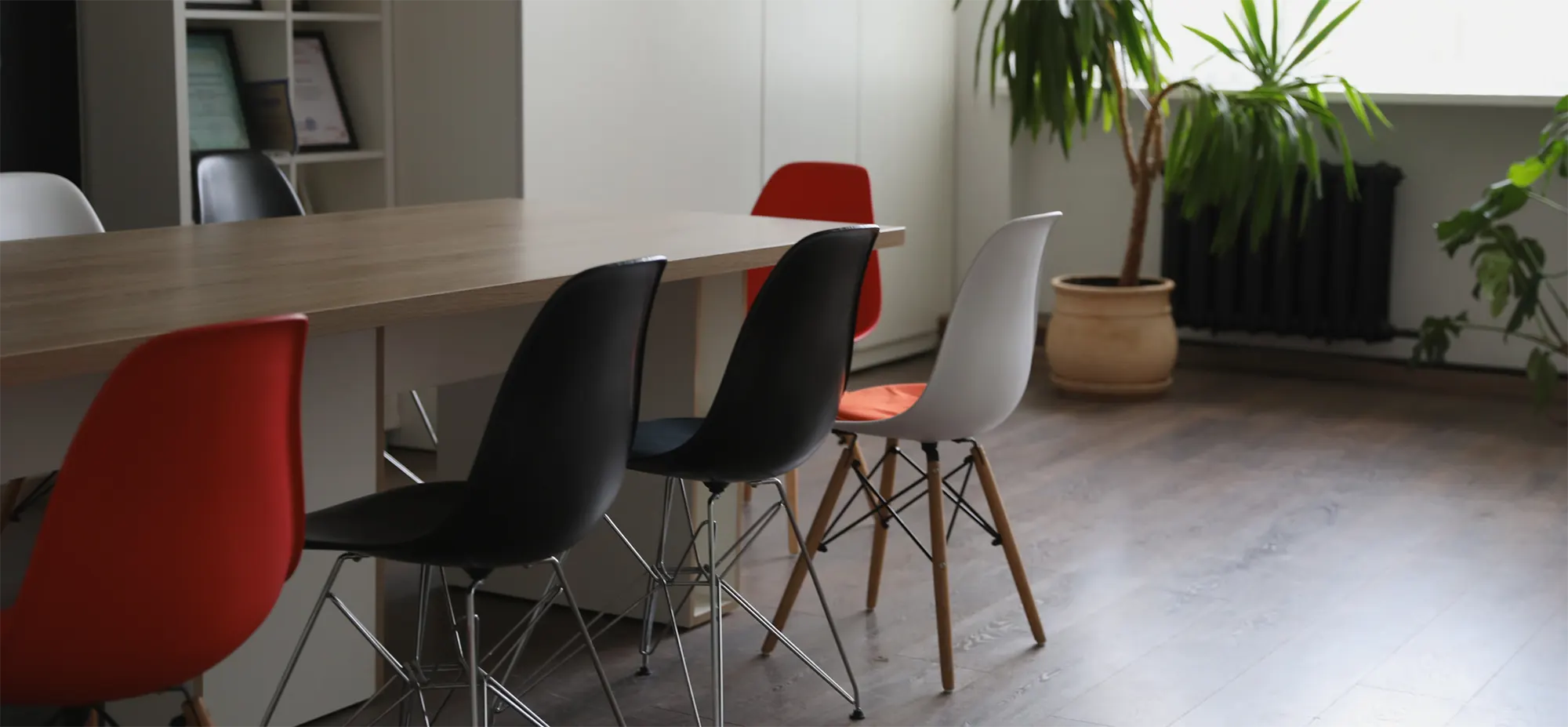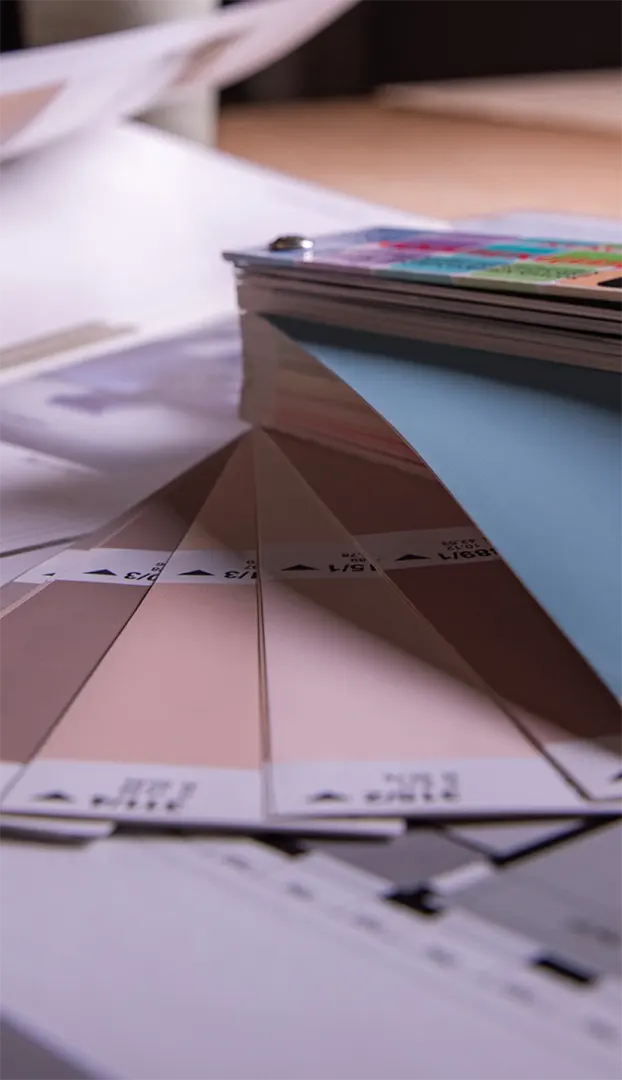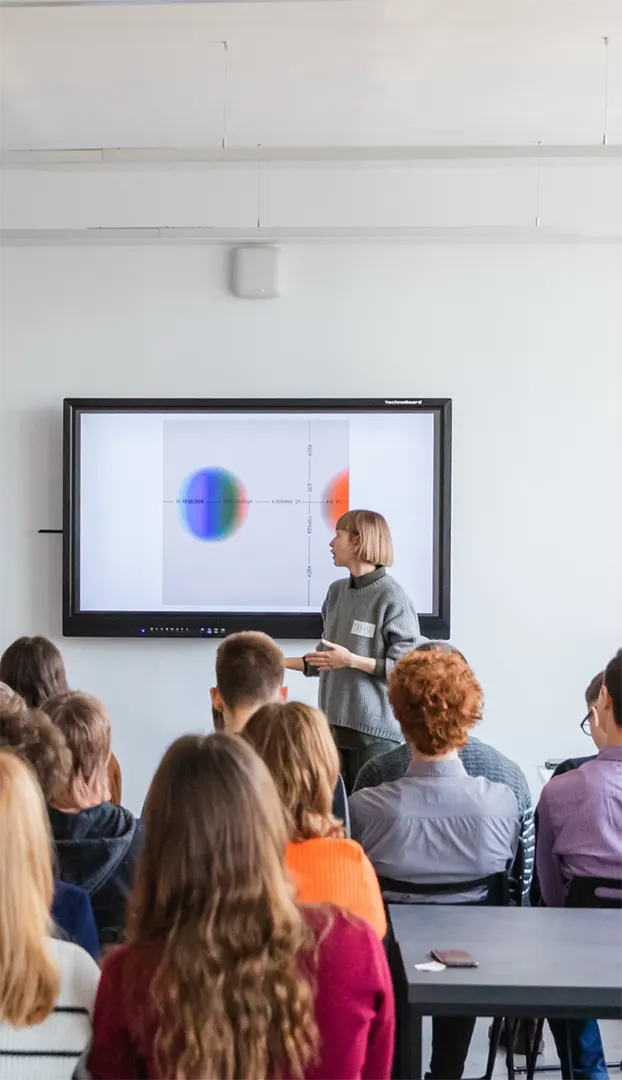Object-Spatial Environment Design

Qualification given: bachelor / designer
Faculty: Faculty of Civil Engineering
Department: Department of Architecture and Design
Study period: full-time — 4 year
Design is much more than just appearance. This is what unites beauty, convenience and functionality in both the real and virtual world. There are a lot of trends in design, and one of the most popular is interior design.
The profession of a designer is for creative individuals with artistic abilities and good aesthetic taste.
The objective of such designers is to create and provide an aesthetically pleasant environment of the room in accordance with its purpose. The specialist's activity is aimed at organizing safe work inside the space and improving navigation in it.
Students of the specialty Object-Spatial Environment Design learn to develop interior space projects for a comfortable life, work and study. In addition to special disciplines, they also master computer programmes and graphics packages that expand design capabilities. Special attention is paid to the development of creative thinking, for which an interdisciplinary approach in training is used, workshops and hackathons are organized, and also competitions and exhibitions are held.

SKILLS AND COMPETENCIES
- Proficiency in design methods
- Theoretical knowledge, practical skills and abilities in the design of the subject and spatial environment for various purposes
- Mastering the skills of forming a project concept
- Graphical and volumetric modeling of the project object
- Knowledge of special computer programmes for 2D graphics and 3D modeling: Adobe Photoshop, Adobe Illustrator, CorelDraw, Autodesk AutoCAD, Autodesk 3ds Max, Autodesk Revit
- Application of modern innovative methods and tools in the process of designing
- Use of technical and informational means of project activity
- Basic scientific and theoretical knowledge in the field of artistic, scientific and technical, social, humanitarian, economic disciplines and their application to solve theoretical and practical tasks of professional activity
GRADUATE DESTINATIONS
- Now and in the future, designers are in great demand; especially who know the methodology of designing and are able to conduct projects taking into account the correlation of meaning and forming factors (artistic, formal, ergonomic, psychological, engineering, technological, constructive, environmental, social and cultural, economic) in terms of both analog and non-analog design.
- The profession of a designer allows you to work in a design studio, a design bureau, a construction organization, an educational or leisure institution.
- This profession is creative; it allows to realize a creative potential in various areas of design: from the environmental space of exteriors and interiors, to printing, virtual and web design.

PROFESSIONAL ACTIVITY
- Designing of living spaces
- Designing of public spaces
- Designing of innovative concepts
- Analysis of compositional, constructive, technological, ergonomic and coloristic solutions of design activity products
- Planning of work on a design project and reasoned protection of its results
- Maintenance of project, business, accounting documentation according to established standards
- Work organization of small design teams; interaction with specialists of related profiles; negotiating with interested parties; providing training and advanced training of personnel in their professional field
- Design, organization, analysis of the process of pedagogical interaction in the development of professional competencies in the field of specialty
TECHNOLOGIES OF EDUCATION
- During the first and second years of the specialty Visual and Multimedia Design, a large block of general education disciplines is studied: an introduction to the profession takes place; specialized computer packages are mastered.
- At the senior courses, professional disciplines are taught, during the study of which students work on projects ordered by the real sector of the economy, as well as create creative works for exhibiting at national and international competitions and exhibitions.
- At classes, lecturers combine classical teaching methods (lectures, seminars, practical classes) with innovative ones (project method, master classes, workshops).
DO YOU HAVE ANY QUESTIONS?
Email :